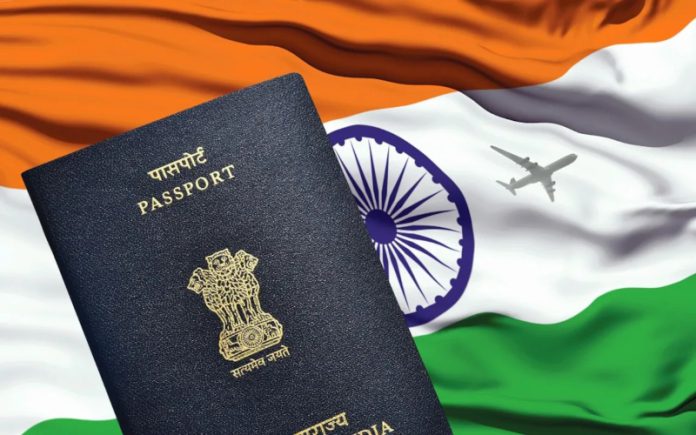Muslims Excluded as The Government of India has issued an important order giving relief to religious minorities coming from Afghanistan, Pakistan and Bangladesh. The order issued by the Home Ministry on 2 September (Tuesday) states that people of Hindu, Sikh, Buddhist, Jain, Parsi and Christian communities, who have come to India by 31 December 2024 escaping religious persecution, can stay in the country even without a passport or other travel documents.
This order has been given under the provisions of the recently implemented Immigration and Foreigners Act, 2025, which came into effect from 1 September (Monday). According to the Hindustan Times report, the Home Ministry has issued several instructions in this regard, including this arrangement.
No citizenship, only permission to stay
It has been made clear in the Home Ministry order that these minority communities will be allowed to stay in India despite not having documents or expiring. But this relief does not guarantee citizenship.
Comparison with CAA
The reference of this order is related to the Citizenship Amendment Act (CAA) passed in 2019 and implemented in 2020. There was a provision in the CAA that only these six communities who came to India till 31 December 2014 can get citizenship. But in the new order, the deadline has been extended to 31 December 2024 and the provision has been limited only to permission to stay.
The Home Ministry order states:
“People belonging to a minority community in Afghanistan, Bangladesh and Pakistan – Hindus, Sikhs, Buddhists, Jains, Parsis and Christians – who were compelled to seek shelter in India due to religious persecution or for fear of religious persecution and entered the country on or before December 31, 2024 without valid documents or with documents that have expired” will be covered under the order.
Exclusion of Muslims
Just like CAA, Muslims have also been excluded from this order. It is clear in the provisions of the law that only non-Muslim religious minorities coming from Pakistan, Afghanistan and Bangladesh will be given relief. Serious questions have been raised earlier also regarding not including Muslims in this order.
At the time of CAA, it was feared that by keeping Muslims out of it, the government can marginalize millions of Muslims of the country by linking it with the National Register of Citizens (NRC). Due to this fear, there were large-scale protests across the country. Now after the new order, this debate can intensify again.
This order will provide the most relief to those Hindu refugees who came to India from Pakistan after 2014 and were living in uncertainty about their future till now. A large number of these refugees live in states like Rajasthan, Madhya Pradesh and Delhi. For them, this order is being considered as the first step towards permanent residence.
this order given under the Immigration and Foreigners Act, 2025 gives the right to stay in India without a passport to non-Muslim minorities from Pakistan, Afghanistan and Bangladesh. But the exclusion of Muslims in it has made this decision sensitive and controversial. This will not only affect the politics of citizenship but can also deepen the debate on religion-based laws in India.







